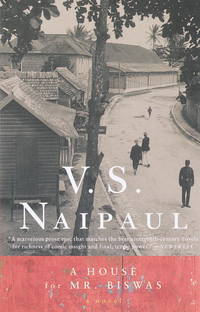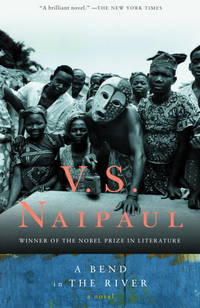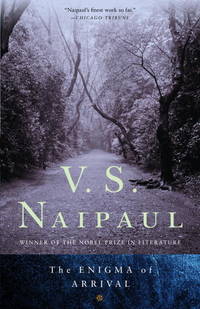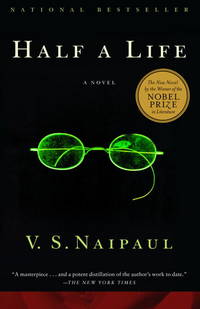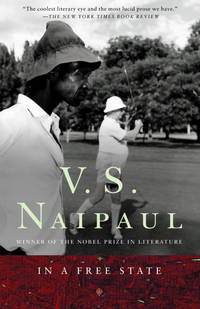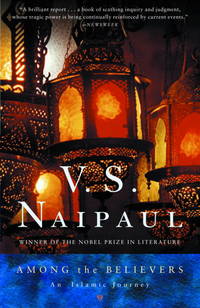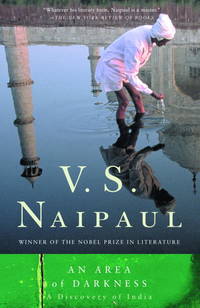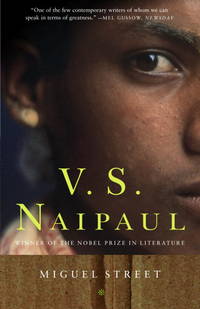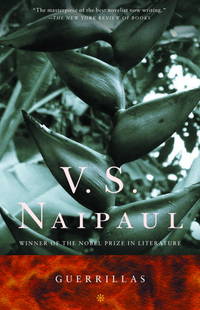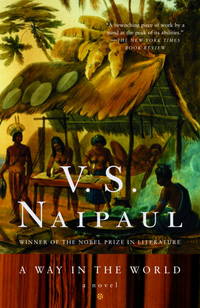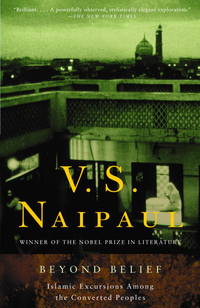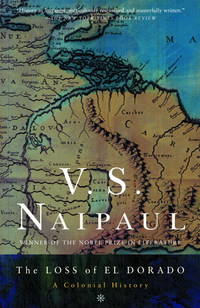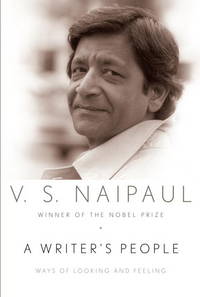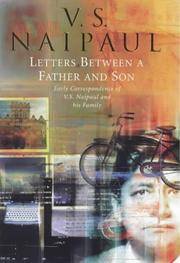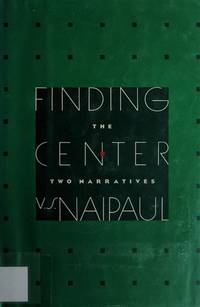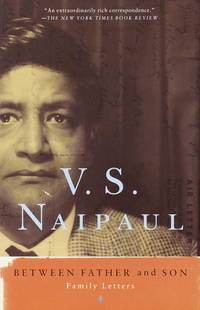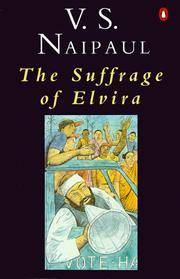V S Naipaul
(1932 – )
Sir Vidiadhar Surajprasad Naipaul (born August 17, 1932), better known as V.
S. Naipaul, is a British novelist of Hindu heritage and East Indian ethnicity from Chaguanas, Trinidad and Tobago in the Caribbean, which was then a British colony. He was awarded the Nobel Prize for Literature in 2001 and was also knighted by Queen Elizabeth II. He is married to Lady Nadira. A scion of the politically powerful Capildeo family, Sir Vidia is the son, older brother and uncle of published authors (Seepersad Naipaul, Shiva Naipaul and Neil Bissoondath respectively).
Both his fiction and his travel writing have been criticised for their unsympathetic portrayal of the third world. Most notably, Edward Said has argued that he "allowed himself quite consciously to be turned into a witness for the Western prosecution", promoting "colonial mythologies about wogs and darkies" (p. 53). However, his works are considered plausible, even by many in the third world - and have become required reading in some schools within the third world. His later works are also considerably less harsh than his earlier ones.
Naipaul's prominent support for Hindutva has also been controversial. He has been quoted describing the destruction of the Babri Mosque as a "creative passion", and the invasion of Babur in the 16th century as a "mortal wound". He views Vijayanagar, which fell in 1565, as the last bastion of native Hindu civilisation. William Dalrymple has argued that this is too simplistic, and that both Vijayanagar and the Mughal empire were hybrid civilisations, combining elements of both cultures.




